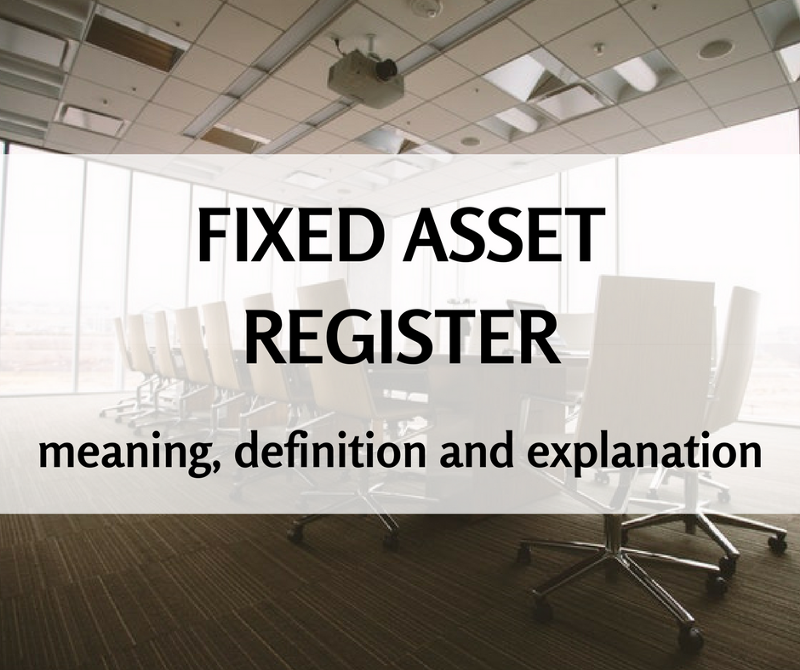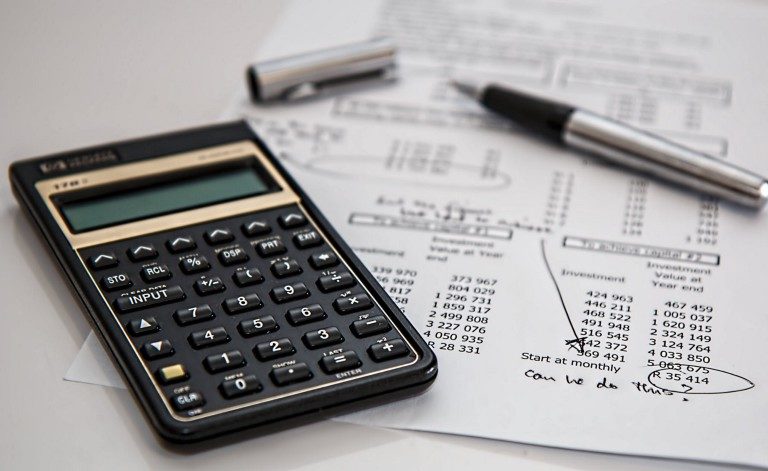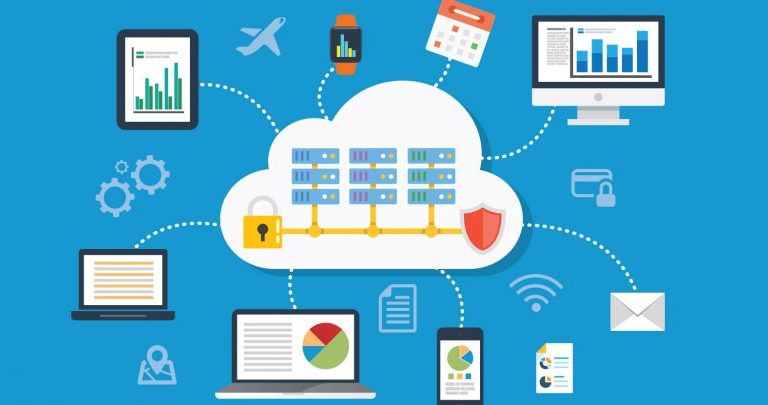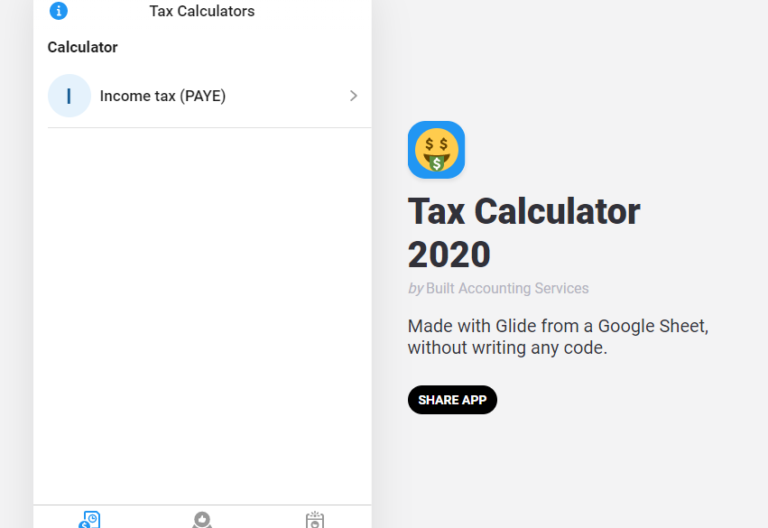Managing a business’s assets as an entrepreneur can be needlessly overwhelming. This can be made easier all year round with a simple and well-organized asset register template.
What’s an asset register?
An asset register basically shows the asset the business owns. It details the value of assets, date of acquisition (and of disposal) and other details necessary to compute for depreciation, and for management and tax purposes.
These assets may include land and buildings, plant and equipment such as office equipment, manufacturing equipment, motor vehicles, trucks, computer software, office equipment, intellectual property buildings, copyrights etc.
Why do you need it?
The asset register helps to keep records of your assets information for asset planning, accounting and performance measurement. These records will help you to keep track of the available assets of the business, their location, the person currently using the assets, their written down value at any point in time, their estimated salvage or procedural value at any point of sale.
An accurate asset register is also useful in insurance claims, scheduling maintenance as well as replacement.
Preparing your asset register:
We have a basic excel template to help you prepare you asset register. It has the following headings:
1. Asset code:
This is a unique identification code which may be a combination of numbers and letters that can be formed by any business to help find their assets e.g. BS001, BS002 etc.
2. Asset class:
This may also be abbreviations of the various classes of assets or an indication of the exact class the asset may belong. For example; LB (Land and Building), PM (Plant and Machinery or Equipment), C&A (Computer and Accessories), OF (Office Equipment), FF (Furniture and Fittings), MV (Motor Vehicle).
3. Asset description:
This column is to be used to indicate the name of the asset. For example, Toshiba Satellite Pro L850–11–11T
4. Location
This is provided so that, wherever the asset is placed, it can easily be traced. For instance; Accounts office, Reception, etc.
5. Person responsible:
The person the asset has been assigned to can also be indicated.
6. Cost:
This is the amount of money spent to purchase or acquire an asset.
7. Accumulated depreciation:
Depreciation is the decrease in value of an asset on time, due to wear and tear from continuous usage. Accumulated depreciation is the accumulation of the depreciation over a period. Freehold land is not depreciated. Depreciation on other items of property, plant and equipment can be calculated using straight line method to allocate their depreciable amount over their estimated useful lives.
8. Net book value:
This is the carrying amount of the asset after deducting accumulated deprecation from the cost of the asset.
9. Useful life:
This is the period over which an asset is expected to be available for use by an entity. When estimating the length of time an asset can be used by the business, this can be used;
Leasehold land 60–99 years
Buildings 25–50 years
Motor Vehicles 4 years
Plant and equipment 5–15 years
Furniture and fittings 3–5 years
10. Savage or Residual value:
This is an estimate of the amount of money an entity expects to gain when it finally sells off the asset at the end of its useful life.
11. Disposal date:
The day on which the asset is sold. In cases where the asset is stolen or gets damaged beyond repairs, the disposal date is still used
12. Proceeds from disposal:
The actual amount of money earned from the sale of the asset. This is nil in cases where the asset is stolen or damaged beyond repairs and has no insurance claims.
Click to access the template (Save a copy for your own purposes/usage)
assetasset registerdepreciation



Leave a Reply